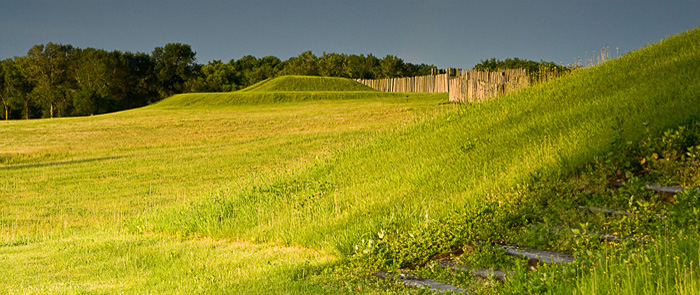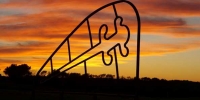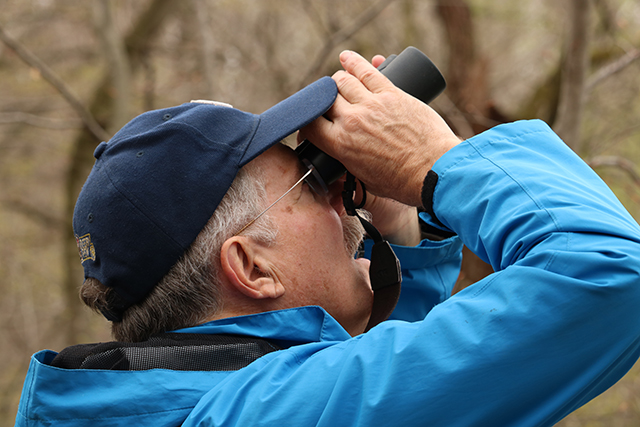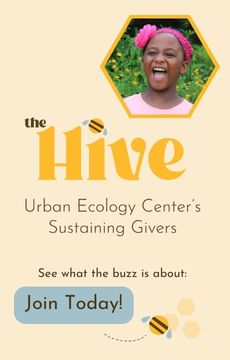Upon further reflection this reminded me of an earlier time in my life. At Macalester College I took a course on Animal Behavior from Dr. Mark Davis in which the weekly labs were essentially bird walks. I soon found myself unwittingly succumbing to a new addiction - looking for, understanding and identifying birds. Everywhere I went was akin to opening Christmas presents - I would see a bird, unwrap its identity and then celebrate. I scoured over field guides learning birdsong and behavior and spent almost of all my free-time bird watching because each bird has their own compelling story.
Historian, John Gurda, birdwatching while enjoying a field trip with the Urban Ecology Center
So the underlying theme here is that I’m a sucker for great stories and my compassion for the natural world and for human history traces to my love of learning. Ecology and history then became two wonderful outlets for my passions.
This is why I’m thrilled to announce a new series of adult-learning field trips through the Urban Ecology Center that combines these two personal obsessions. I don’t have a catchy name for these trips (please share ideas) but essentially we will be exploring Southeast Wisconsin visiting areas of both ecological and historical importance. An ecologist, after all, reads the landscape to understand how living and nonliving components of the ecosystem shape patterns. A historian reads the landscape looking for patterns that have come about from human interactions with the land. These new trips will look at the intersection of these patterns – how the environment shaped history and how history shaped the environment.

Aztalan State Park. Photo credit: Daniel Seurer
The first trip in December will explore the early Woodland mound builders and their legacy in Milwaukee and places like Lizard Mound County Park. These groups often constructed effigies representing wildlife – in fact Wisconsin is the epicenter of effigy mound construction for the entire country. In January we will explore an entirely different group of mound builders from the Mississippian culture represented by the mounds at Aztalan State Park, who also had a deep cultural and practical connection with the natural world. In February we will explore the life of Milwaukee’s first mayor, Solomon Juneau, visiting local and regional lands that were important to and helped shape his life.
That’s all I have planned for now but we will continue these trips throughout the year. I’d wager that I’m not the only person around here that loves great stories and I’d love to learn with you as we create our own shared experience stories together.






